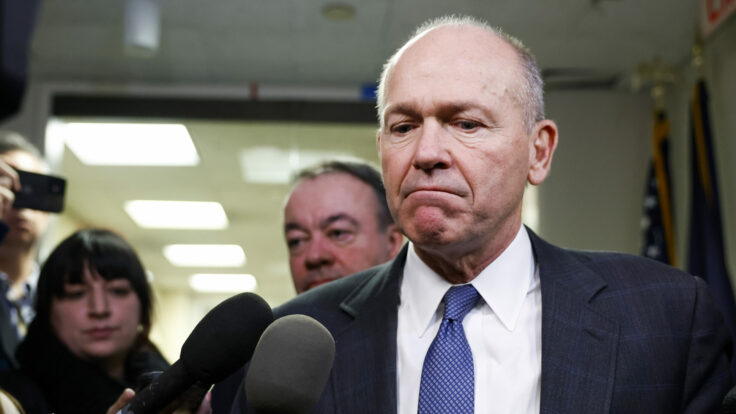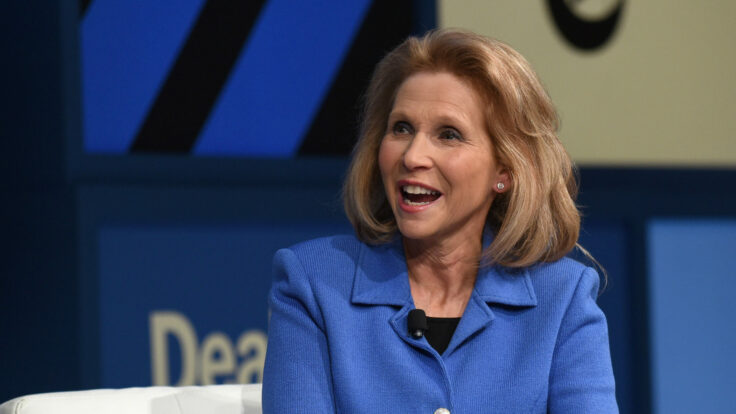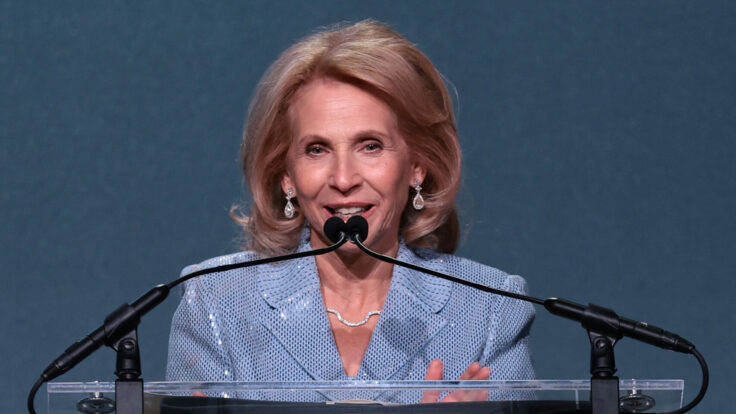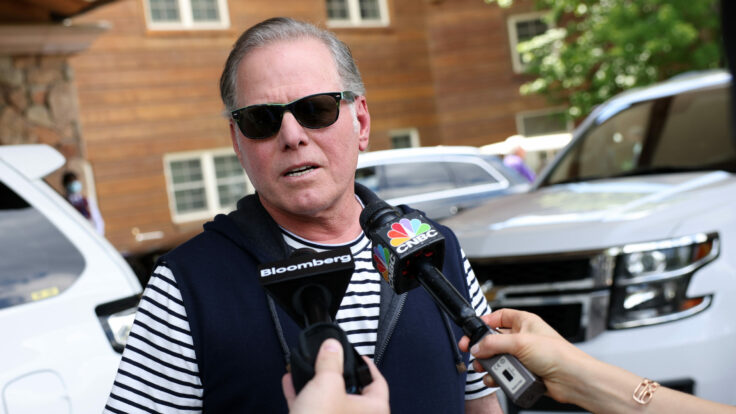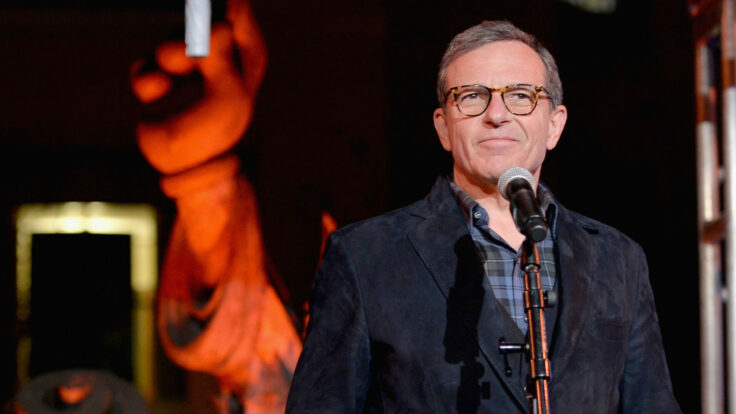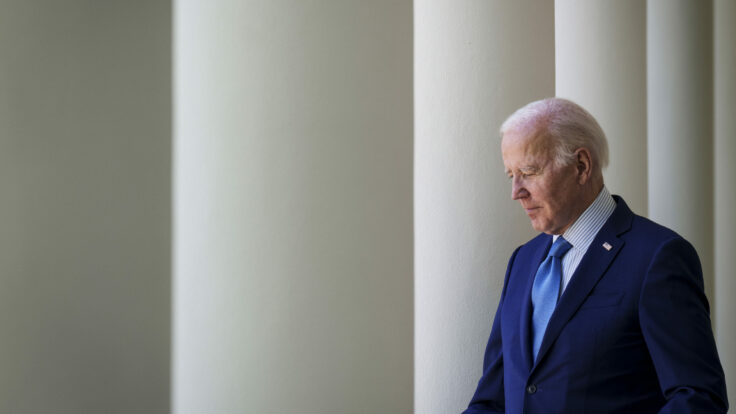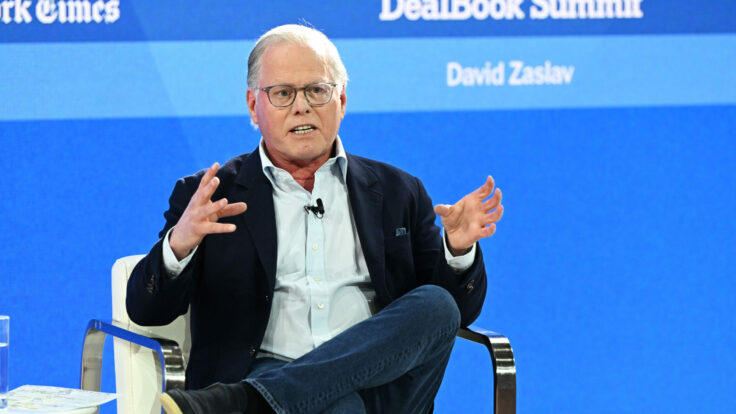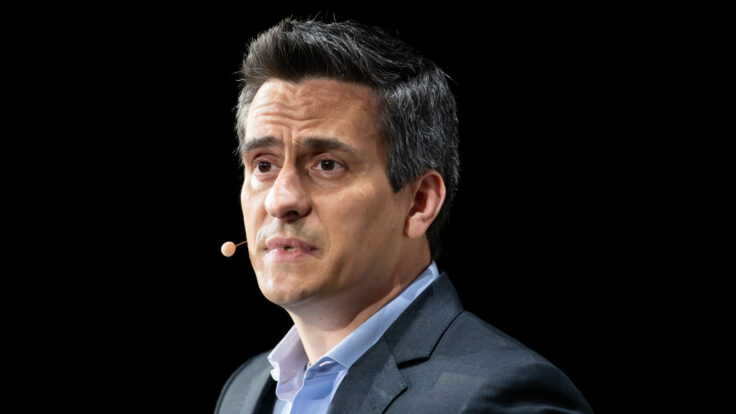Elon now has a fine mess on his hands, and he’s not going to be able to easily extract himself from it anytime soon, unless, say, he agrees to pay some sum—oh, I don’t know, perhaps $5 billion—that few people have on their Bingo cards. That prediction, pulled out of thin air, is obviously more than the $1 billion walk-away fee that no longer seems viable, or in play legally, but less than what Elon might have to pay per a court order, should he be required to close the deal as he agreed to do on April 25. It’s the kind of number that might get this sad dispute resolved outside of court more quickly.
My friend Scott Galloway suggested with merit on Pivot the other day that Elon will have to pay something more like $16 billion, the difference between the $44 billion he agreed to pay for Twitter and Twitter’s market value after the judgment in Delaware court goes against Elon, if it does, of course. (As a proxy for what that might be, I used Twitter’s roughly $28 billion market value these days.) Whatever the case may be, as I have written before, Elon is now operating from a position of weakness. He has signed a “seller friendly” merger agreement, and his buyer’s remorse over the alleged preponderance of bots on Twitter’s platform seems thin, despite what his lawyers wrote in a Friday filing that “false and spam accounts” are “fundamental to Twitter’s value.”









